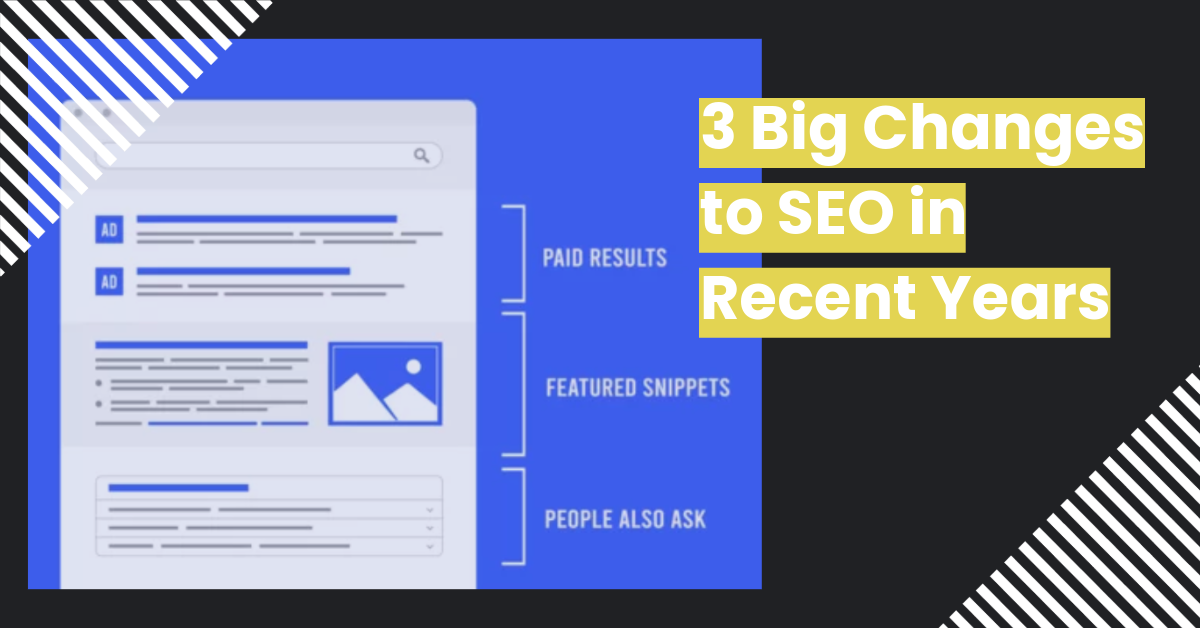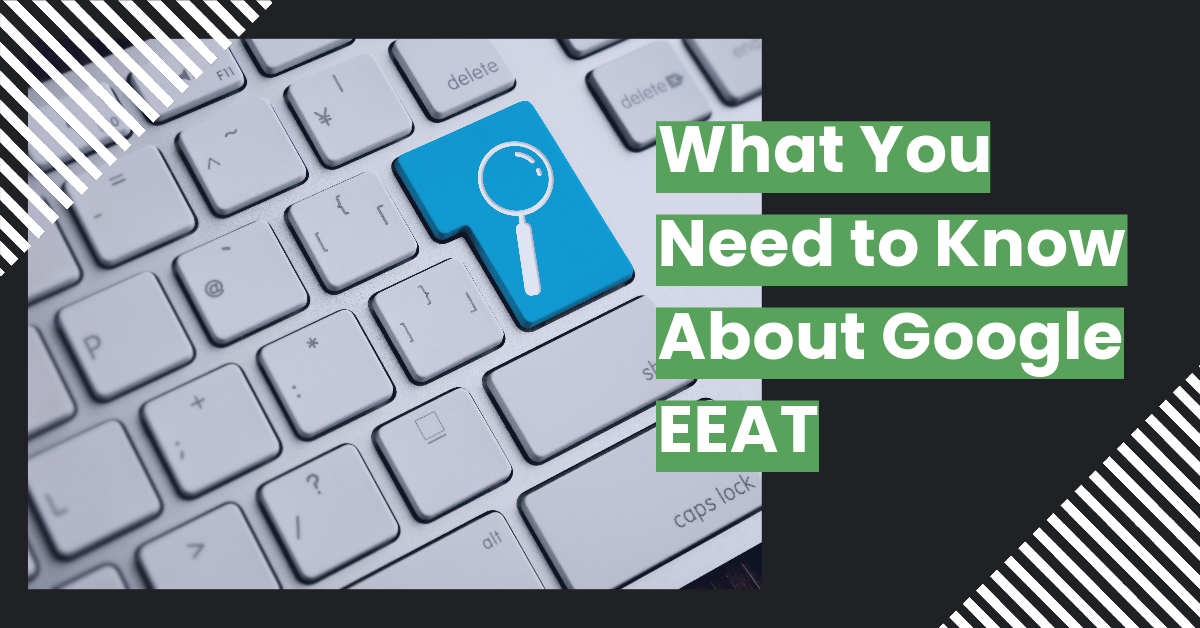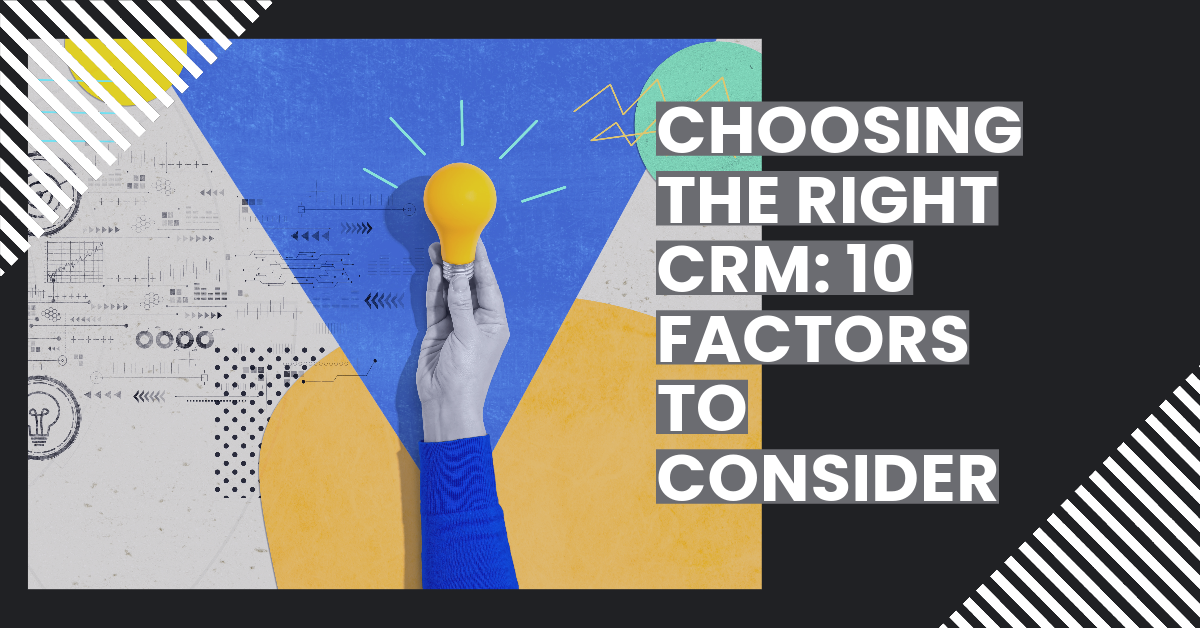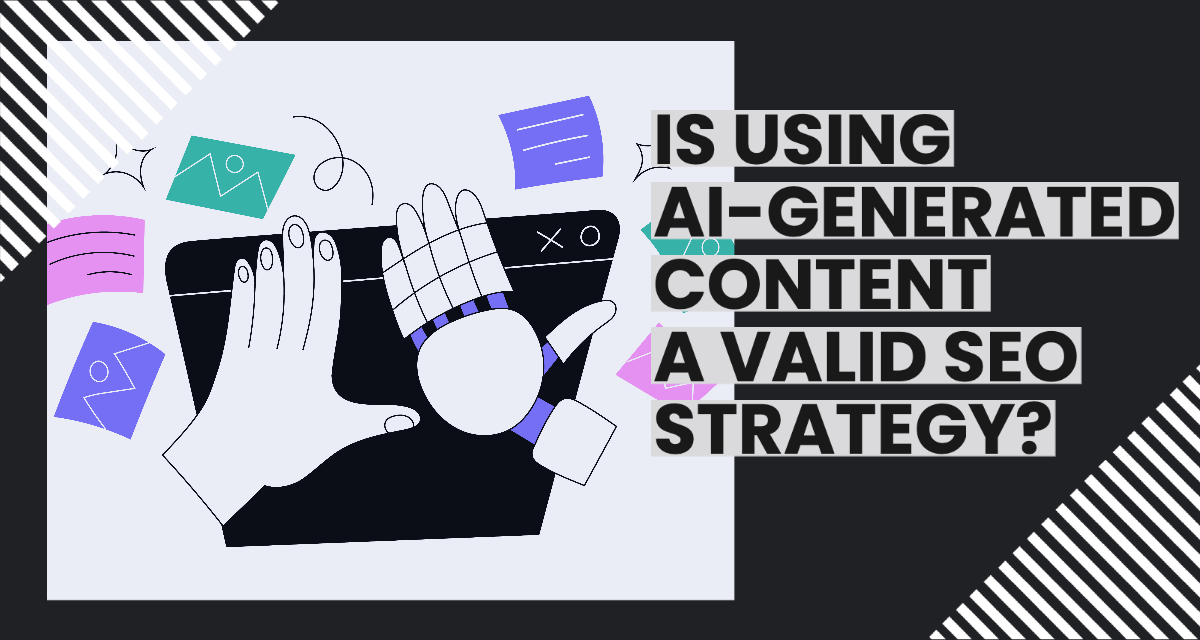Panda vs. Plagiarism: Google's War on Copied Content
Google Panda's War on Plagiarism
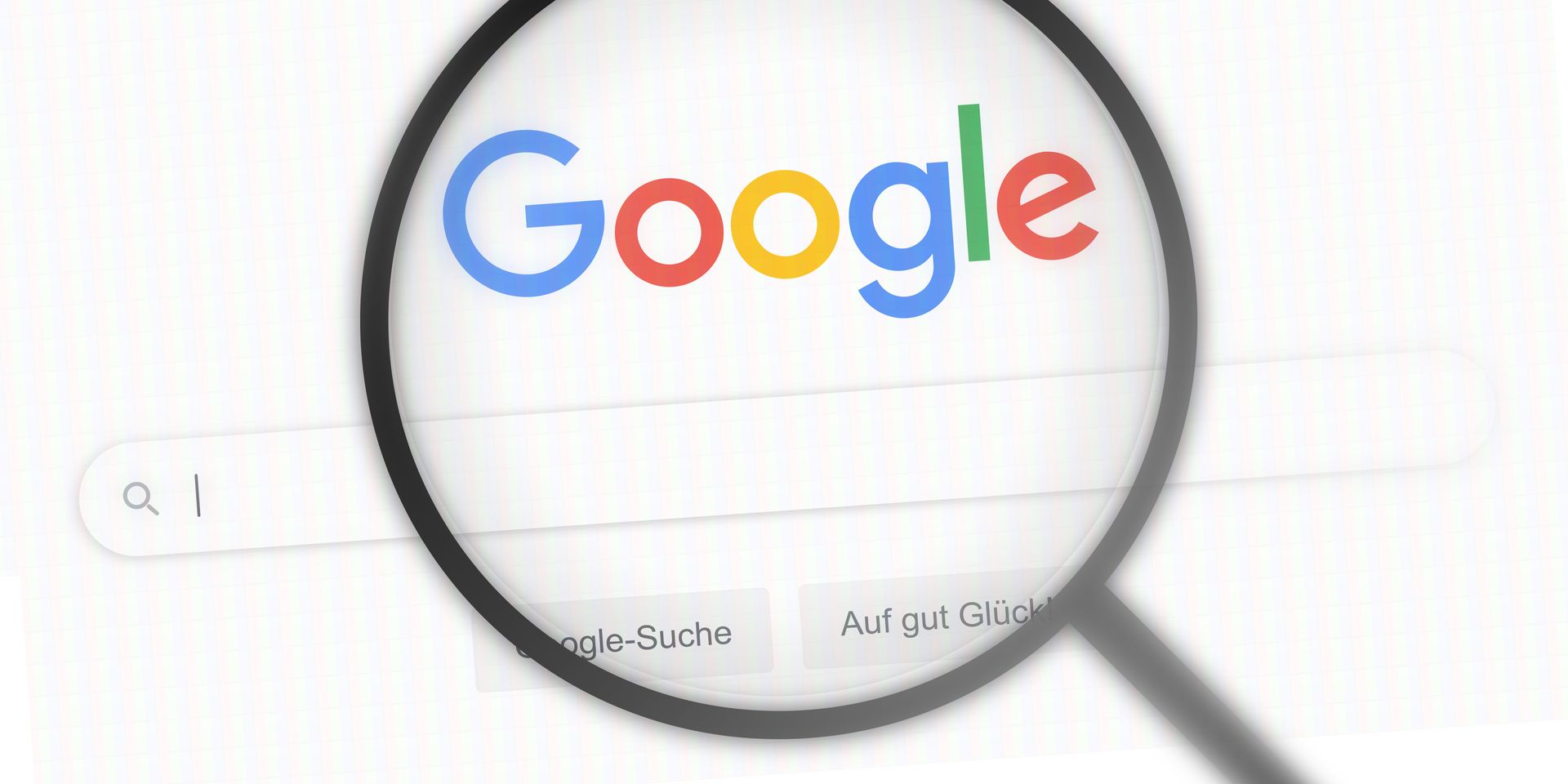
Let's be honest. When people say "search engine optimization," they're really talking about "Google optimization." Google has been the undisputed leader in the search engine field since 2000 and, as such, has been instrumental in changing the nature of SEO. Now, rather than indulging in black hat tricks in an attempt to game the search engine results, digital marketers are driven to actually produce content that is informative, engaging, and original. Enter the Google Panda update.
Plagiarism and Its Role in Panda's Evolution
Plagiarism, the act of copying and reproducing content without proper attribution or permission, had been a persistent issue on the internet. It not only undermined the quality of search results, but it also discouraged original content creators. Google Panda was a direct response to this challenge. Released in February 2011 and named for one of Google's lead engineers, Navneet Panda, the goal of this algorithm update was to curb plagiarism by identifying and penalizing websites that contained duplicate or low-quality content.
How Panda Detects Plagiarism
While the exact workings of Google's algorithms are a closely guarded secret, we do know some of the key indicators Panda uses to flag plagiarized and/or substandard content. Some of these include:
Duplicate Content: Websites that repurpose content from other sources without adding substantial value are penalized. This includes blatant copying-and-pasting as well as content spinning.
Thin Content: Pages with minimal or insignificant content are downgraded. This means that websites with a high proportion of low-quality pages will suffer in the search rankings.
Content Farms: Websites that produce vast quantities of low-quality content with the sole intent of generating ad revenue are among the prime targets of Panda.
User Engagement:
Panda also considers user engagement metrics, such as bounce rate and time spent on a page. Sites with high bounce rates and low time spent on pages are deemed less valuable.
Results of the Google Panda Update
The Panda update brought about significant changes in the way websites approached content creation and SEO, such as:
Higher Standards: Website owners and content creators are compelled to maintain higher standards when it comes to originality and quality. This shift has helped improve the overall quality of content on the web.
Increased Focus on User Experience: The emphasis on user engagement metrics has led to a stronger focus on creating content that genuinely caters to the needs of the audience, resulting in a better user experience.
Penalties for Plagiarism: Websites that engage in plagiarism are penalized, often leading to a significant drop in search rankings. This encourages website owners to invest in creating unique and valuable content.
Long-Term Impact: When it was released, the Panda update marked a shift towards a more sustainable and ethical approach to content creation. While it may have caused short-term disruptions, it has ultimately led to a healthier and more reliable online environment.
TLDR
The Google Panda update was a turning point in the battle against plagiarism and low-quality content on the internet. By focusing on originality, quality, and user engagement, Google aimed to provide users with more relevant and valuable search results. In response, website owners and content creators have adapted to these new standards, ushering in an era of better content and improved user experiences. While the landscape of SEO and content creation continues to evolve, Panda's legacy serves as a reminder of the importance of authenticity and quality in the digital realm.




